Before there was Suda51, there was The Silver Case
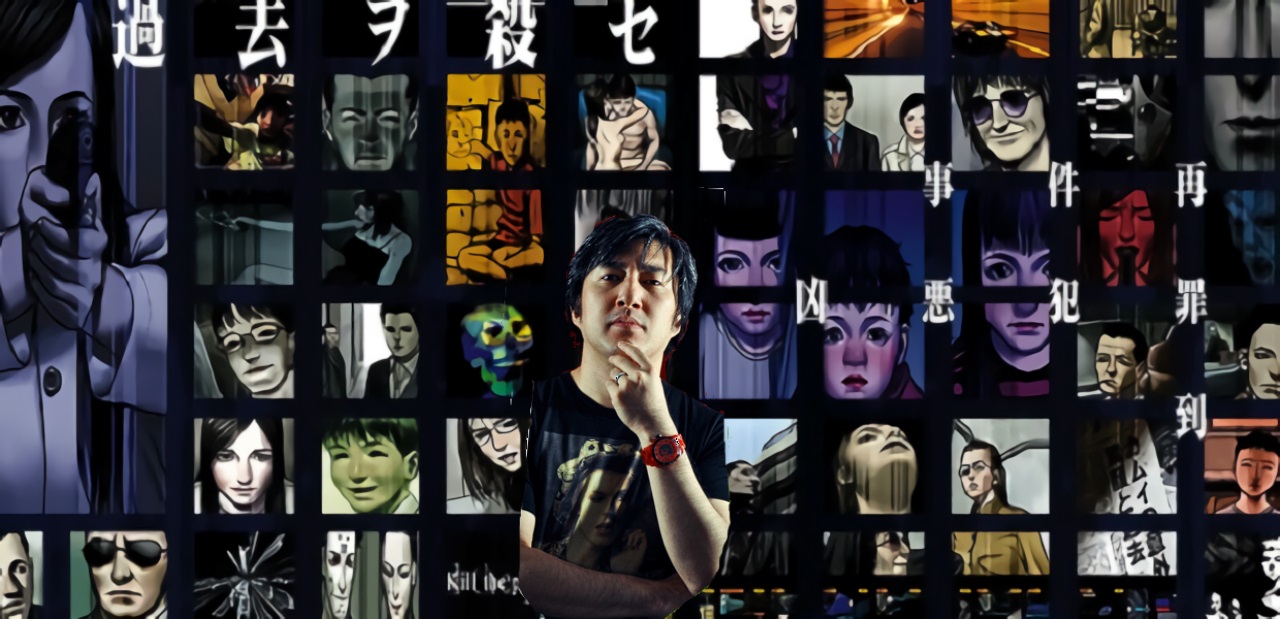
I've played two separate demos of The Silver Case - one currently available to download on Steam, and the other exclusive to the PAX West expo floor - and I still have no idea what the hell is going on. I know the basics: in The Silver Case, you play as a detective looking into a recent surge of serial killings. Many believe it to be the work of a man named Kamui Uehara, though no one in Japan knows his true identity.
But The Silver Case isn't just a boilerplate detective drama told through the lens of a text-based adventure game. It's a Suda51 game - his first as the head of his independent studio Grasshopper Manufacture in 1999. So what should be a fairly straightforward procedural, when filtered through the mind of the man who gave us cult hits like Killer7, Flower Sun and Rain, and No More Heroes, becomes a surreal, fragmented journey through the bowels of human depravity. And in a few weeks, Suda51's first independent game will be available outside of its home country of Japan for the first time, ported from its PlayStation roots to the PC, fully remastered and translated into English. I spoke to Suda51 - real name Goichi Suda - about the origins of this bizarre adventure and its place in his history as a game designer.
"Text-based adventures were really popular in Japan [in 1999]," Suda51 tells me through translator and Silver Case localizer James Mountain. "Since this was our first game ever, we were basically an indie company. We had a really small staff of just five people. Since those adventures were popular, we wanted to make one, but at the time the only ones that were popular were the old-school ones. We didn't want to go old-school, we wanted to make a new type of text-based adventure, so that's how we came up with The Silver Case."
If you're not familiar with the genre, many Japanese text adventures (or visual novels, as they're more commonly known in the West) are usually played by reading through reams of dialog accompanied by simple portraits of whoever is speaking in front of a static background. Even Hideo Kojima's cyberpunk adventure Snatcher, one of the more unique entries in the genre, still follows many of these conventions. The Silver Case flips a lot of those conventions on their head, using a combination of multiple windows of varying size and placement, full-motion video featuring live actors filmed on-location on the streets of Japan, and a plot that hops back and forth between multiple timelines and characters without warning.
"[Making an idiosyncratic story] was something I was interested in for a while," Suda explains. "It was the first time I had the freedom to put whatever I wanted into a game. The reason I was able to make the game at all, and the reason I was able to force it to get through was because I put about 300% of my energy into making it the way I wanted to make it. To be honest, thinking back now about how hard I worked on the game, and how much I put into it, I feel like I want to go back 18 years ago, and compliment the me of back then about how good a job I did."
(This will not be the only time during our discussion where Suda51 mentions time travel.)

Its idiosyncrasies, while helping to define Suda51's voice as a creator, are the biggest reasons why The Silver Case took so long to get localized for a Western audience. The Silver Case takes place in the year it was made - 1999 - in an alternate version of Japan very similar to the one in our world but filled with all kinds of bizarre occurrences and conspiratorial shenanigans. Expressing that sense of place accurately to a Western audience while staying faithful to its roots has apparently proved very difficult - so much so that a previously planned DS version of the game that was in development in the mid-2000s was canceled because Suda51 was dissatisfied with how it was turning out. In recent devlogs, James Mountain explained that he was chosen for the project because he was able to fit a perfect storm of requirements: he could translate a mountain of difficult Japanese dialog into English (one particular character, 己, can be read as either the word 'you' or 'me' depending on context, and shows up constantly in the Japanese text), and he had lived in Japan during the timeframe of the game's release to properly convey its sense of cultural identity.
Sign up to the 12DOVE Newsletter
Weekly digests, tales from the communities you love, and more
For Suda51, revisiting his first independent game is resurfacing a lot of old feelings, and reminding him of what game development was like before his pseudonym became widely known by fans and professionals throughout the industry. "It's a weird thing to say," he explains, "but I see all these indie developers and creators putting their games out, and I'm checking out the games themselves and talking to people. I remember what it's like to be not Suda51, but just Goichi Suda, just this guy back in the day... I remember how hard I had to work just to get anything at all."

He's also reminded of the relative ease with which even a game as strange as The Silver Case could've been made 18 years ago. "I want to think that the real core of game development hasn't changed," Suda51 tells me, "but put simply, what's changed the most in the past 20 years or so is, back in the day, if you wanted to make a game, you had a meeting, and you talked about what kind of game you wanted to make, then you made the game. Nowadays, to be blunt about it, there's all these pointless-ass meetings, where you've got to report every single thing to a bunch of people, and all these people who don't even need to be there have to be in the meeting, and constantly talking about stuff. There's not really the opportunity to just talk about a game and make it any more; you gotta set up everything and get everything worked out, get it cleared by a bunch of people. It's a real bitch to have to go through this whole entire process for every single little thing."
As he's telling me this, I can't help but think about several of his prior projects which had gone through these sorts of meetings, and how they might have compared to his original vision. Shadows of the Damned was rewritten and redesigned multiple times because publisher EA signed on Suda51 and didn't realize it was going to get a Suda51 game. Killer Is Dead got those awkwardly inserted 'Gigolo missions' at the behest of publisher Kadokawa in order to cater to its Japanese audience, porn-ing up a game that totally didn't need it. Now that Grasshopper Manufacture is owned by Puzzle & Dragons publisher GungHo, one wonders if his upcoming free-to-play Dark Souls-like Let It Die is dealing with similar situations. The Silver Case, then, marks Grasshopper Manufacture's first release in a long, long time where Suda51 has complete creative control, and it just so happens to be a remaster of the first game he ever made where he had that sort of luxury.

As for Suda51's future, things are up in the air. If The Silver Case does well, he tells me that there's a sequel out there called Ward 25 (a translated, unofficial title) that was only available on a handful of Japanese mobile phone carriers. He'd like to be able to revisit that game and give it the same kind of localization and polish in order to release it to a wider audience on a platform people actually own. Let It Die is still slated for PS4 consoles this year, though details about final release date and how its monetization will work are still being held back at the moment.
When I ask him which game he'd like to revisit if he had the ability to do so, he tells me without hesitation: "Killer7". It's easy to see why. It's the game he's described as his "proudest achievement", a perfect confluence of budget and creative freedom (thanks to Capcom for the former and producer Shinji Mikami for the latter), and it's the game that put him on the map as Suda51, defining him as one of gaming's rare unpredictable auteurs.
But as welcome as a remaster of Killer7 would be, or even the upcoming release of The Silver Case is, Suda51 doesn't want to just rest on his prior accomplishments. He just wants to keep making weird, interesting games, no matter the publisher, budget, or scale of the project.
"As far as games are concerned," he says, "people talk about indie games, AAA games - personally, I don't give a shit about either of those. I want to make the kind of games that game-players play, and that people find interesting... I became Suda51 with Killer7, and since then, I haven't made an adventure game yet. So, as Suda51, I'd like to make an adventure game and see how it turns out."
The Silver Case will be available on PC worldwide on October 7th, on the 17th anniversary of its original release date.
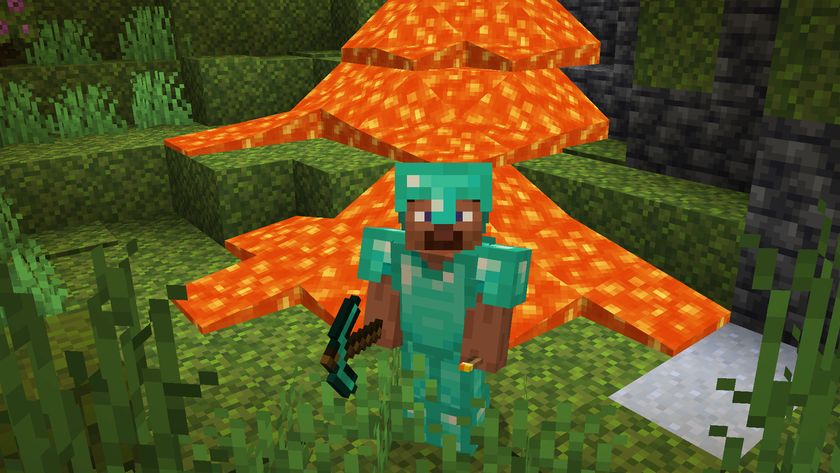
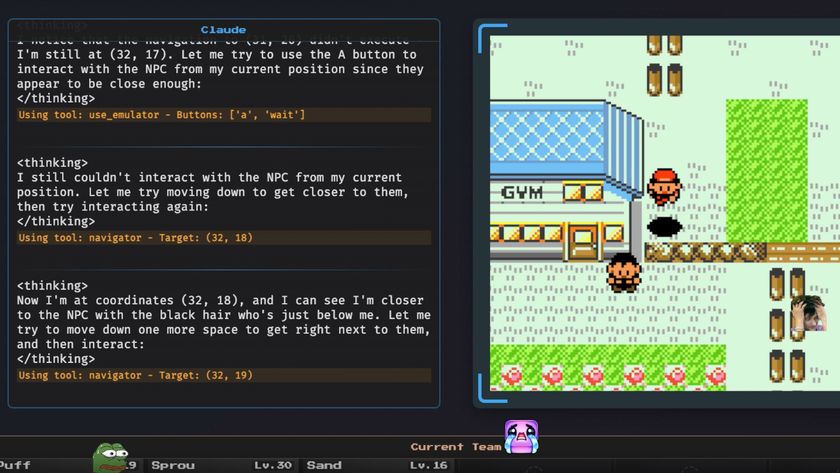
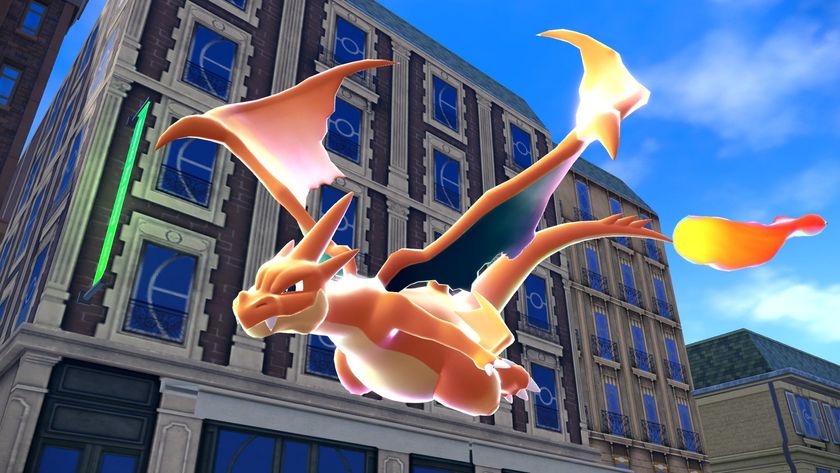
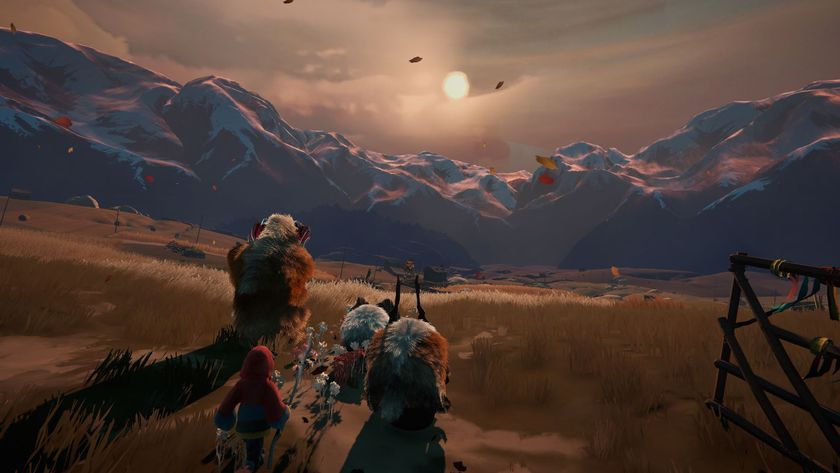
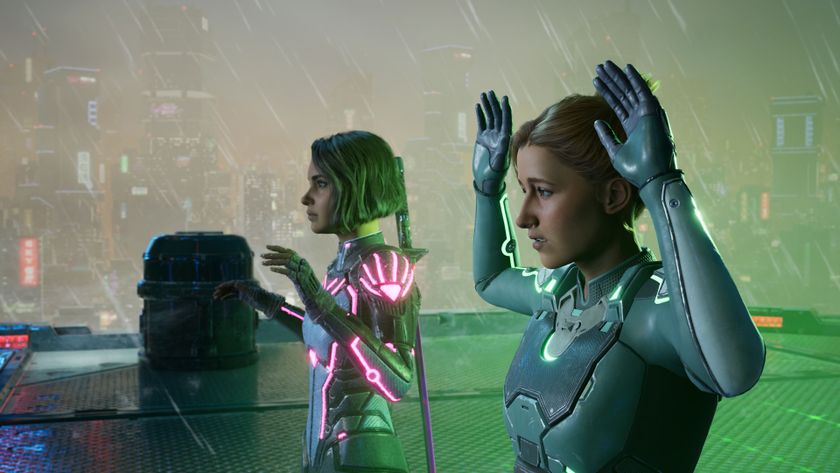
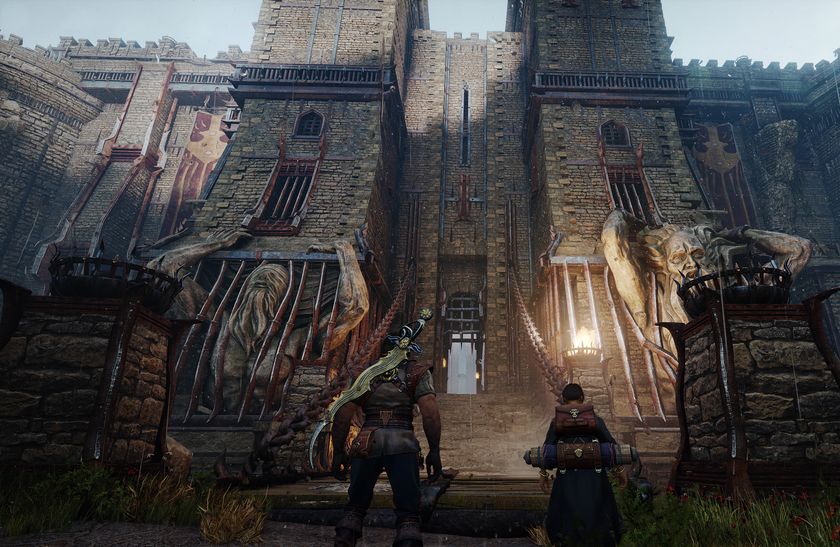







Minecraft Pocket Edition got its name because one of its devs was a big "Nintendo nerd" who wanted to pay homage to the Game Boy Pocket

An AI's mission to 'teach' itself Pokemon Red is going as well as you think - after escaping Cerulean City after tens of hours, it went right on back




